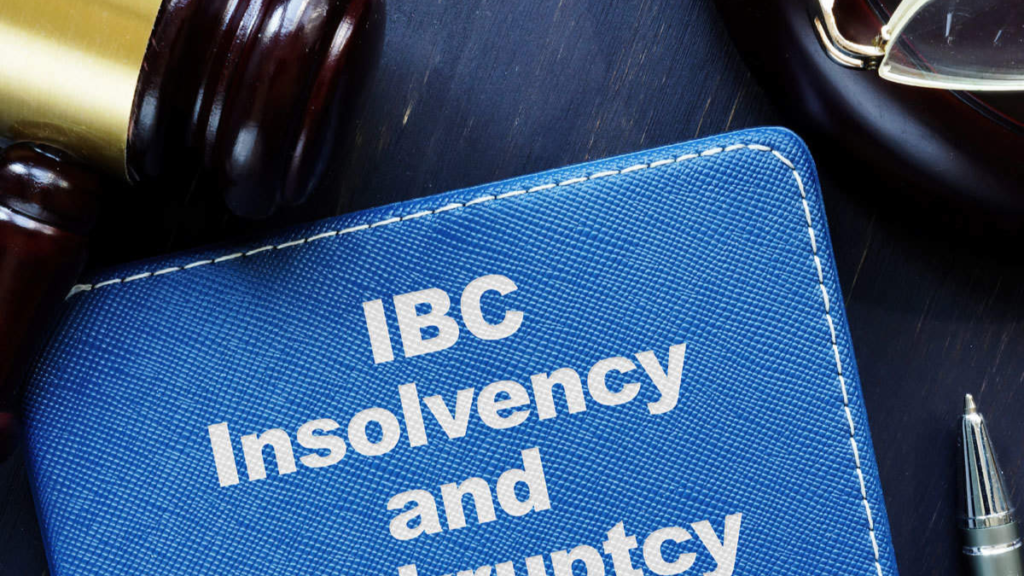
Hon’ble Supreme Court in the matter of Committee of Creditors of Essar Steel India Limited through Authorised Signatory Vs. Satish Kumar Gupta & Ors. [2019] where the Court held that while leaving the provision otherwise intact, the term “mandatorily” is struck down as being manifestly arbitrary under Article 14 of the Constitution of India and as being an unreasonable restriction on the litigant’s right to carry on business under Article 19(1)(g) of the Constitution. This declaration has the consequence that the period required for the CIRP must typically be completed within 330 days of the insolvency commencement date, including extensions and the time rn for judicial processes. It may be possible for the AA eedodto and NCLAT to extend time past 330 days in such circumstances if the delay, or a significant portion of it, is due to the AA’s de NCLAT’s tardy process. Time extensions are only possible in rare circumstances; as a general rule, the corporate debtor has 330 days to resolve its stressed assets, at which point the debtor would be forced into liquidation.